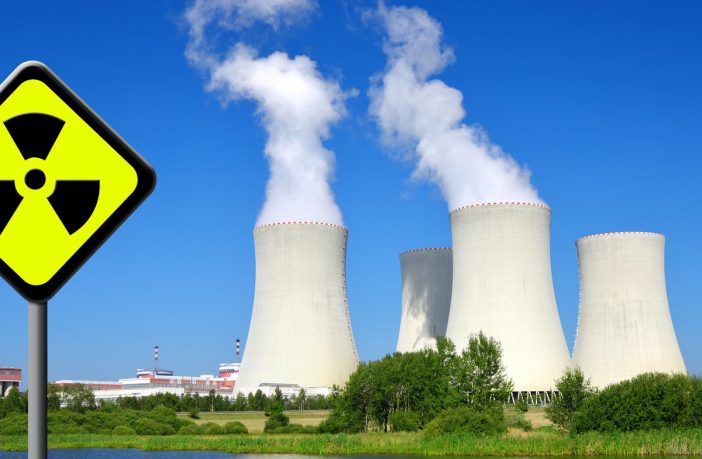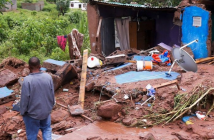Opinion
The National Energy Regulator of South Africa, Nersa, has issued a consultation paper and called for public input, comment and response to a determination by the Minister of Mineral Resources and Energy, in terms of Section 34(1) of the Act Electricity Regulation Act, 2006, to procure 2500 MW of new nuclear power in South Africa.
The ministerial determination was sent to Nersa for its consideration and concurrence, which is a necessary step before the Department of Mineral Resources and Energy can issue a request for proposals to nuclear vendors following an open, transparent and competitive procurement process.
I am opposed to new nuclear power in South Africa, and this is definitely NOT because I am ideologically against nuclear energy or nuclear technology per se, but for sound, pragmatic reasons and the absence of a valid business case, including, amongst other factors:
- The high capital cost, interest during construction and owner’s development costs;
- The long planning, authorisation, procurement and construction times of over a decade;
- The inevitable high cost- and time-overruns associated with complex mega-projects;
- The construction and operating inflexibility of nuclear power in a power system that increasingly needs flexible generation capacity; and
- Most of all, the need to commit to a single vendor country, vendor company, technology and design for a period of 100 years – including construction, operation and decommissioning.
This ministerial determination comes at a time when the world of energy and electricity is undergoing rapid change, when the prices of renewable and flexible generation technologies are plummeting, when new energy storage technologies are emerging, when the future of large-scale, centralised generation is changing, and when the demand for electricity over long-distance transmission grids is decidedly uncertain and declining.
The IRP 2019 indicates that a nuclear build programme “is a no-regret option in the long term”. I disagree and consider that a nuclear new-build programme is exactly the opposite – a very high risk and high-regret option indeed. This is not the time to be making extremely expensive 100-year commitments.
So, I urge thinking people to oppose new nuclear power in South Africa – because this is clearly not a national priority, and a new nuclear procurement cannot prevent the current electricity crisis from becoming a catastrophe in the course of the next decade.
Written comments on the ministerial determination for 2500 MW of new nuclear power in South Africa should be sent by email to Nersa at irp-procurement.newcap@nersa.org.za. The closing date is for written comments is 5 February 2021, but generally Nersa does accept written comments after the closing date too. The dates for public hearings on the ministerial determination will be announced by Nersa shortly.
Now is the time to make YOUR voice heard on the subject of new nuclear power in South Africa
Author: Chris Yelland, energy advisor to OUTA, and managing director at EE Business Intelligence
















1 Comment
Nuclear Energy is dirty and too expensive.
Fix Eskom and allow independent private entities to generate power and sell it to Eskom so we as consumers can have cheaper electricity. This will help inflation and bolster economic activities.